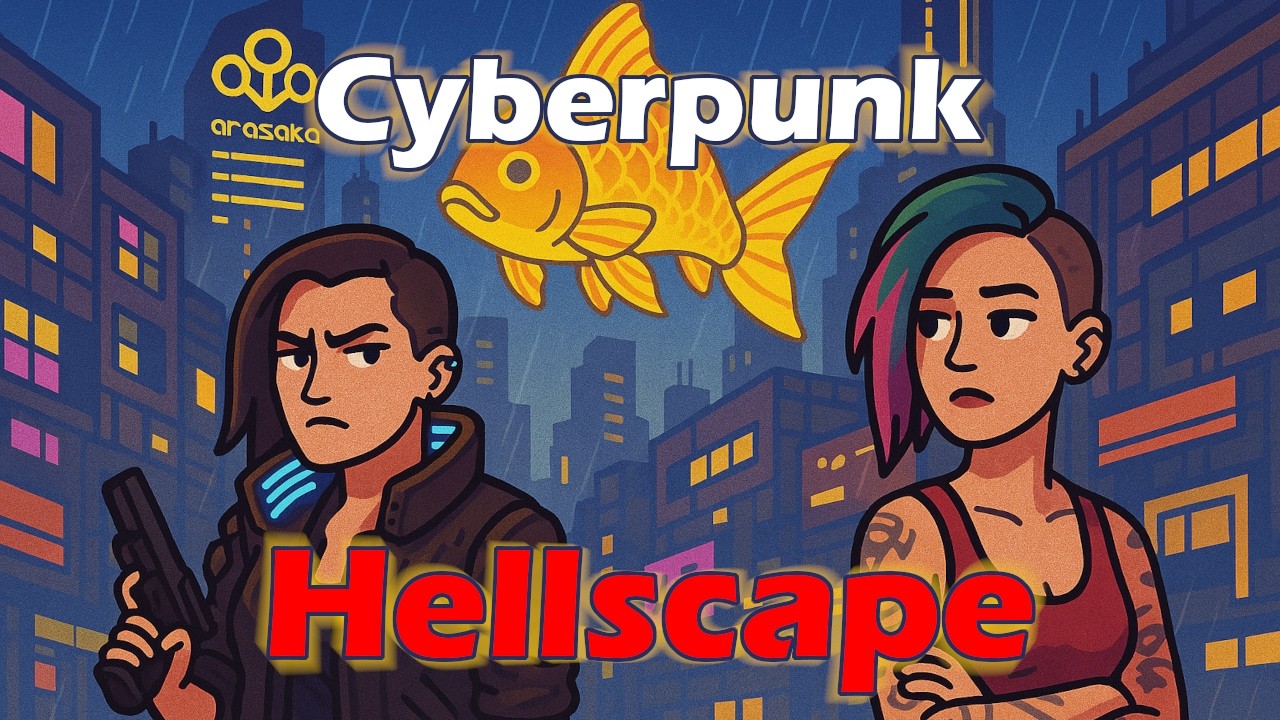The video outlines five significant concerns about the future of AI, including the potential for AI to hit a cognitive plateau, ethical disparities in longevity advancements, limitations on space exploration, the risk of a cyberpunk dystopia, and the idea that human nature may hinder progress. Despite these fears, the creator emphasizes the importance of fostering innovation and democratic values to navigate these challenges and create a more equitable future.
In the video, the creator discusses five significant concerns regarding the future of artificial intelligence (AI), emphasizing that these are not exaggerated fears but genuine worries that merit consideration. The first nightmare revolves around the possibility of AI hitting a cognitive plateau, where it may not surpass human intelligence significantly. The creator expresses concern that if AI reaches a limit in its capabilities, humans might remain the most intelligent beings on Earth for an extended period, potentially leading to stagnation in technological advancement. The discussion highlights the current constraints of AI, such as data and computational power, and the potential for diminishing returns in AI development.
The second nightmare addresses the concept of “longevity escape velocity,” which refers to the ability to extend human lifespan significantly through technological advancements. The creator worries that while robots and AI may achieve indefinite lifespans, humans might not have access to the same life-extending technologies, leading to a disparity where only the wealthy can afford such treatments. This scenario raises ethical concerns about inequality and the potential for a society where only a select few can benefit from advancements in longevity, leaving the majority behind.
The third concern is the possibility of humanity being permanently confined to Earth due to the limitations of physics and technology. The creator reflects on the challenges of space travel and the potential impossibility of faster-than-light travel, suggesting that humans may never escape the confines of our planet. This notion evokes a sense of existential dread, as it implies that humanity’s exploration and expansion into the universe could be severely limited, leaving us to grapple with the realities of life on Earth for millennia.
The fourth nightmare envisions a “cyberpunk hellscape,” where societal structures devolve into a high-tech, low-life scenario dominated by corporate interests and regulatory capture. The creator warns of a future where technological advancements benefit only a select few, leading to a society characterized by inequality and oppression. This fear resonates with many viewers, as it reflects concerns about the potential for technology to exacerbate existing societal issues rather than alleviate them.
Finally, the creator introduces the “Scooby-Doo principle,” which posits that humans are often their own worst enemies when it comes to progress. Despite the absence of technological barriers to achieving a better world, human nature, cognitive biases, and institutional resistance can hinder advancement. However, the video concludes on a hopeful note, discussing potential solutions such as permissionless disruptive innovation, AI maximalism, democratic values, and a culture of innovation that could help navigate these challenges and foster a more equitable future.
